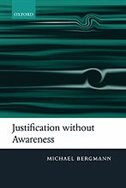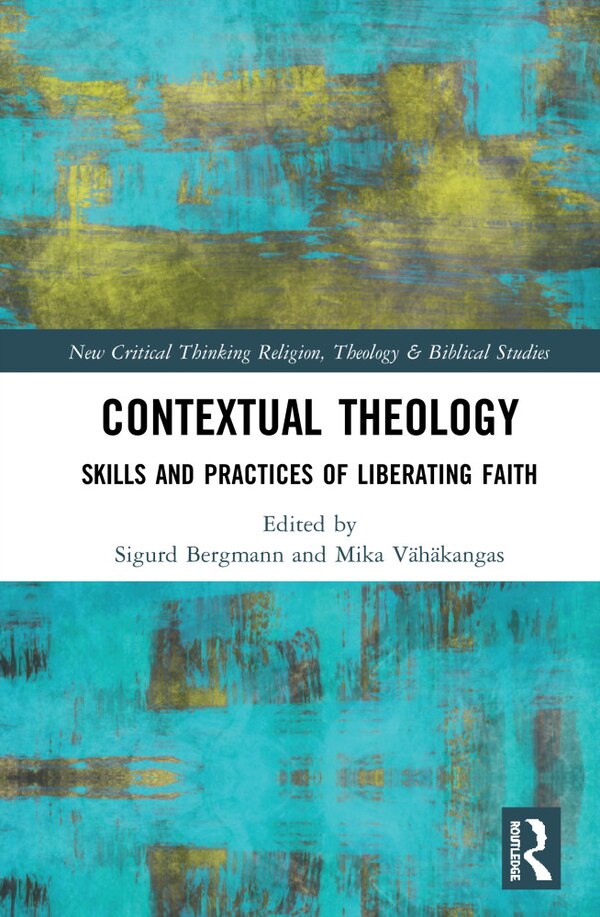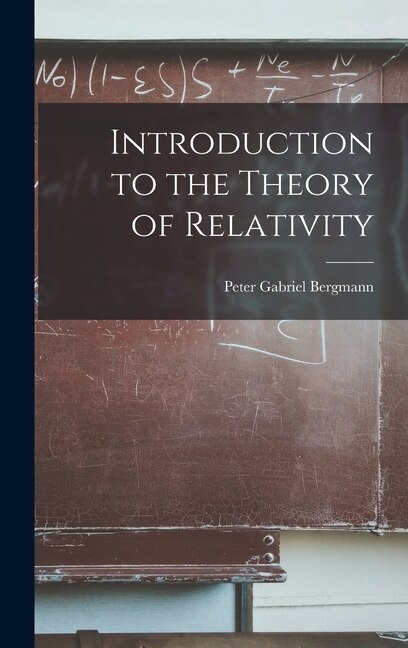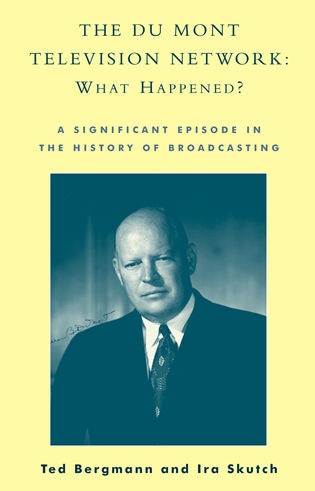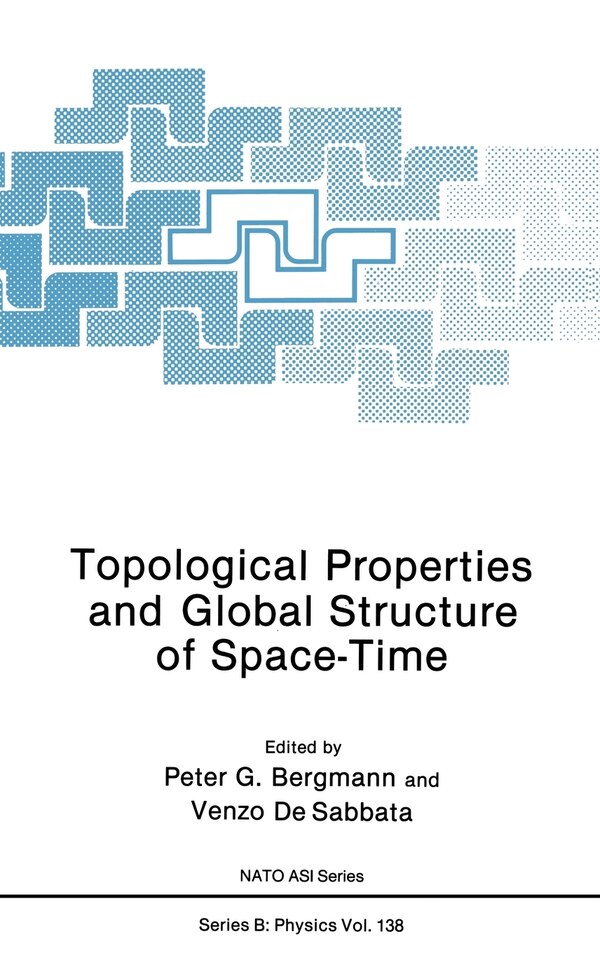
Give the Gift of Choice!
Too many options? Treat your friends and family to their favourite stores with a Bayshore Shopping Centre gift card, redeemable at participating retailers throughout the centre. Click below to purchase yours today!Purchase HereHome
Radical Skepticism And Epistemic Intuition by Michael Bergmann, Hardcover | Indigo Chapters
Coles
Loading Inventory...
Radical Skepticism And Epistemic Intuition by Michael Bergmann, Hardcover | Indigo Chapters in Ottawa, ON
By Michael Bergmann
Current price: $122.09

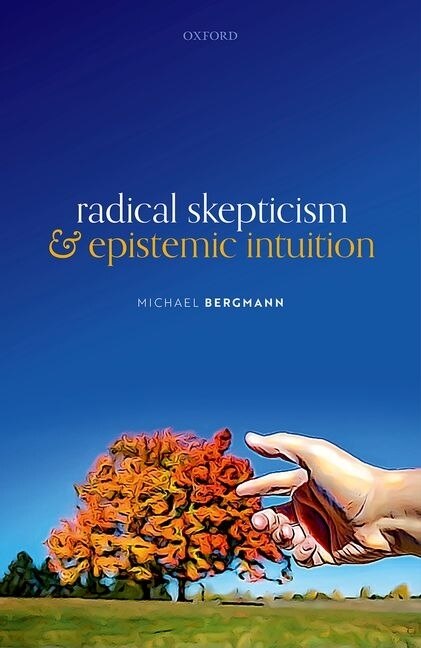
By Michael Bergmann
Radical Skepticism And Epistemic Intuition by Michael Bergmann, Hardcover | Indigo Chapters in Ottawa, ON
Current price: $122.09
Loading Inventory...
Size: 25.4 x 234 x 600
*Product information may vary - to confirm product availability, pricing, shipping and return information please contact Coles
Radical skepticism endorses the extreme claim that large swaths of our ordinary beliefs, such as those produced by perception or memory, are irrational. The best arguments for such skepticism are, in their essentials, as familiar as a popular science fiction movie and yet even seasonedepistemologists continue to find them strangely seductive. Moreover, although most contemporary philosophers dismiss radical skepticism, they cannot agree on how best to respond to the challenge it presents. In the tradition of the 18th century Scottish philosopher, Thomas Reid, Radical Skepticism and Epistemic Intuition joins this discussion by taking up four main tasks. First, it identifies the strongest arguments for radical skepticism, namely, underdetermination arguments, which emphasize the gapbetween our evidence and our ordinary beliefs based on that evidence. Second, it rejects all inferential or argument-based responses to radical skepticism, which aim to lay out good noncircular reasoning from the evidence on which we base our ordinary beliefs to the conclusion that those beliefs areprobably true. Third, it develops a commonsense noninferential response to radical skepticism with two distinctive features: (a) it consciously and extensively relies on epistemic intuitions, which are seemings about epistemic goods, such as knowledge and rationality, and (b) it can be endorsedwithout difficulty by both internalists and externalists in epistemology. Fourth, and finally, it defends this commonsense epistemic-intuition-based response to radical skepticism against a variety of objections, including those connected with underdetermination worries, epistemic circularity, disagreement problems, experimental philosophy, and concerns about whether it engages skepticism in a sufficiently serious way. | Radical Skepticism And Epistemic Intuition by Michael Bergmann, Hardcover | Indigo Chapters
Radical skepticism endorses the extreme claim that large swaths of our ordinary beliefs, such as those produced by perception or memory, are irrational. The best arguments for such skepticism are, in their essentials, as familiar as a popular science fiction movie and yet even seasonedepistemologists continue to find them strangely seductive. Moreover, although most contemporary philosophers dismiss radical skepticism, they cannot agree on how best to respond to the challenge it presents. In the tradition of the 18th century Scottish philosopher, Thomas Reid, Radical Skepticism and Epistemic Intuition joins this discussion by taking up four main tasks. First, it identifies the strongest arguments for radical skepticism, namely, underdetermination arguments, which emphasize the gapbetween our evidence and our ordinary beliefs based on that evidence. Second, it rejects all inferential or argument-based responses to radical skepticism, which aim to lay out good noncircular reasoning from the evidence on which we base our ordinary beliefs to the conclusion that those beliefs areprobably true. Third, it develops a commonsense noninferential response to radical skepticism with two distinctive features: (a) it consciously and extensively relies on epistemic intuitions, which are seemings about epistemic goods, such as knowledge and rationality, and (b) it can be endorsedwithout difficulty by both internalists and externalists in epistemology. Fourth, and finally, it defends this commonsense epistemic-intuition-based response to radical skepticism against a variety of objections, including those connected with underdetermination worries, epistemic circularity, disagreement problems, experimental philosophy, and concerns about whether it engages skepticism in a sufficiently serious way. | Radical Skepticism And Epistemic Intuition by Michael Bergmann, Hardcover | Indigo Chapters
